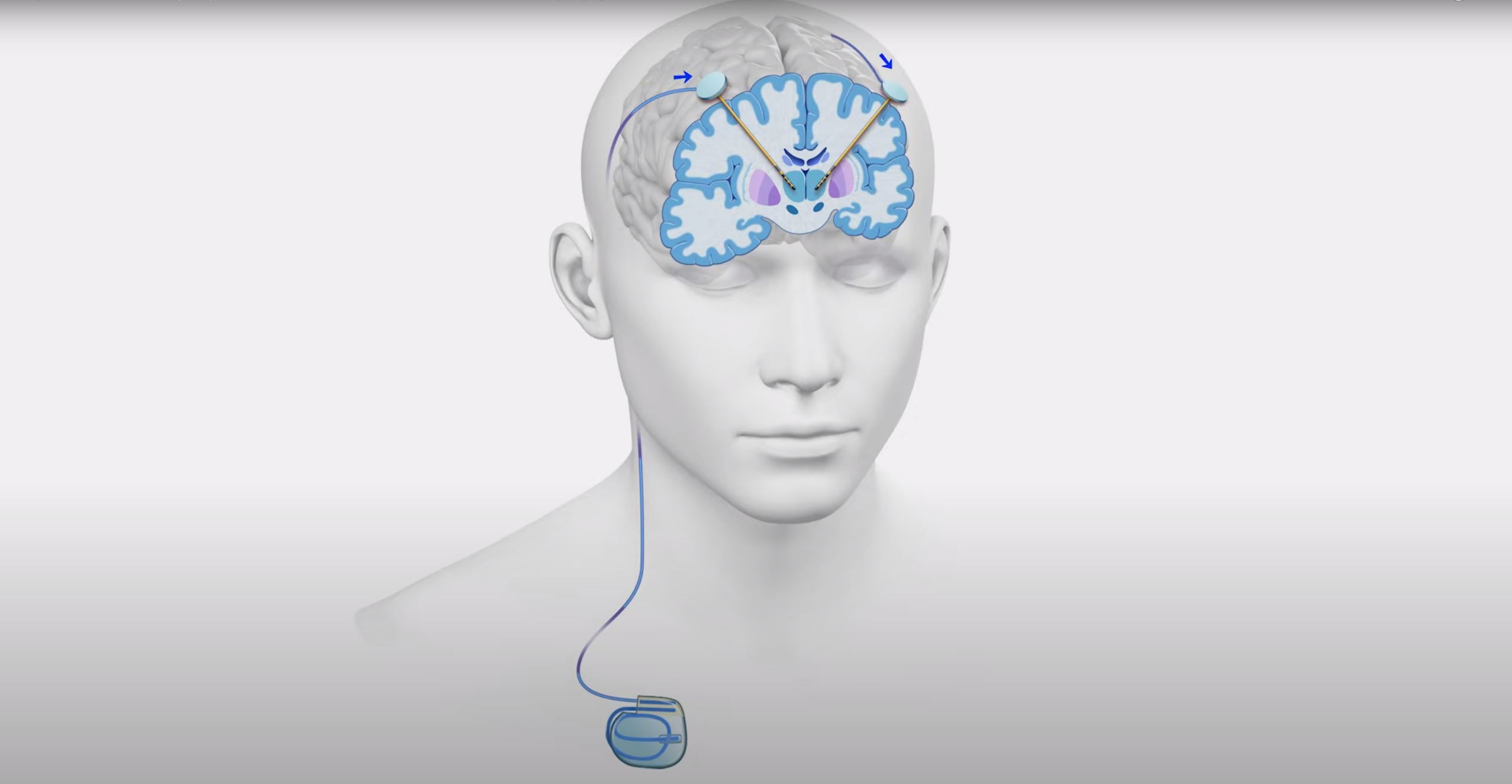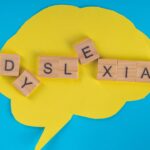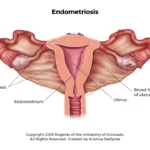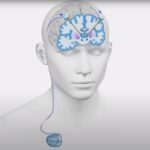On a quiet morning in rural Kenya, a young girl suddenly falls to the ground, her body convulsing. Her mother rushes her inside as neighbors gather. She has just had a seizure in public. Whispers of witchcraft spread quickly. Fearing judgment, the family keeps her hidden at home rather than taking her back to school.
This is the reality for many families in Kenya living with neurological conditions like epilepsy and Parkinson’s. Across the country, these conditions remain widely misunderstood and stigmatized. Instead of being recognized as medical conditions, they are often linked to curses or punishment, turning treatable conditions into sources of shame and isolation.
What is Epilepsy
In Kenya, about 1 in every 100 people lives with epilepsy. Research from 2022 shows that rates in rural coastal areas can be up to six times higher than the global average.
Epilepsy is a brain disorder that causes sudden bursts of abnormal electrical activity, disrupting normal brain function and triggering seizures.
These seizures can vary depending on the type and part of the brain involved. Some may be subtle, such as brief staring episodes, while others trigger full body convulsions.
Common symptoms include:
- sudden jerking or shaking of the body
- brief loss of awareness or staring spells
- confusion or memory lapses after an episode
- unusual sensations like strange smells or tingling before a seizure
- repeated seizures, which can differ from person to person
The Centers for Disease Control and Prevention (CDC) notes two main types of seizures:
- Focal seizures: These start in one area of the brain and may happen with or without loss of awareness.
- Generalized seizures: These affect both sides of the brain and often cause loss of consciousness.
What is Parkinson’s?
Parkinson’s disease is a chronic condition that affects how the body moves. It occurs when the brain slowly loses dopamine, the chemical messenger that helps muscles work smoothly.
Typical symptoms of Parkinson’s include:
- slowed movement
- muscle stiffness or rigidity
- tremors (shaking, often in the hands or fingers)
- changes in balance and posture
- reduced facial expression or softer speech
While there’s currently no cure for either epilepsy or Parkinson’s, treatments and therapies can relieve symptoms and improve quality of life.
Are epilepsy and Parkinson’s a curse or a condition?
Epilepsy and Parkinson’s are medical conditions, not curses. They are not contagious and have no link to witchcraft, spirits, or punishment. Yet in many Kenyan communities, seizures are still seen as signs of evil spirits, witchcraft, or ancestral punishment. Families may first turn to traditional healers instead of hospitals.
Some even believe that touching someone during a seizure could “transfer” the condition, a myth that keeps families silent and afraid. Parkinson’s, which causes tremors and changes in movement, is sometimes mistaken for possession, alcoholism, or “old age gone wrong.”
These beliefs create fear and shame, leading families to hide loved ones or delay medical care, which only worsens outcomes.
How does stigma affect people living with these conditions?
The stigma attached to epilepsy and Parkinson’s often hurts more than the condition itself:
- Children and education: A child with epilepsy may be expelled after a seizure in class. Teachers fear disruption, and parents of other children fear “catching it.”
- Marriage and family life: Women with epilepsy are sometimes labeled “unfit for marriage.” and spouses may also abandon partners diagnosed with Parkinson’s.
- Employment: People are denied jobs because employers assume they are unsafe or unreliable.
- Social belonging: Many families hide their relatives with seizures or tremors to avoid gossip. Weddings, funerals, even church services become out of reach.
This stigma doesn’t just affect health, it also creates deep loneliness and shame. In some cases, families even abandon their loved ones in hospitals because of it.
Why is access to care still so hard in Kenya?
Access to care for epilepsy and Parkinson’s in Kenya is still hard, because even when families overcome stigma, they encounter health system barriers such as:
- Too few specialists: Kenya has fewer than 30 neurologists for more than 55 million people, most based in Nairobi.
- High costs: Anti-seizure and Parkinson’s drugs are expensive without insurance. Many families ration doses or stop treatment.
- Rural divide: County hospitals often lack diagnostic tools and trained staff. Travel costs make treatment difficult for many.
- Policy gaps: Neurological conditions are often left out of national health plans, which focus more on infectious diseases.
How can we break the cycle of stigma?
Breaking the stigma is possible, and it’s already happening. Here’s how:
- Awareness campaigns by NGOs and advocacy groups are teaching communities that seizures are not curses, and tremors are not “old people problems.”
- Inclusive schools that train teachers to support children with epilepsy, rather than expelling them, can change an entire community’s perception.
- Families that seek medical care set an example. A child returning to school after treatment, or an older man walking again with therapy, can shift how an entire community thinks.
- Faith leaders and the media are important allies in shifting cultural narratives. Churches, mosques, and radio stations are helping spread facts instead of fear.
Breaking stigma is not just about medications. It’s about compassion, education, and refusing to let myths define people’s lives.
Frequently Asked Questions (FAQ)
Here are some frequently asked questions about epilepsy and Parkinson’s disease.
What is the main cause of epilepsy?
There isn’t one main cause of epilepsy. It may result from brain injury, infections, stroke, or genetics.
Can you live a normal life with Parkinson’s?
Yes. People with Parkinson’s can live a fairly normal life in the early stages when symptoms are mild, but as the disease progresses, they need more treatment and support in daily life.
What is the first aid for a seizure?
Stay calm, move objects away, and place the person on their side so they can breathe. Do not put anything in their mouth. If the seizure lasts longer than 5 minutes, seek medical help.
Conclusion
In Kenya, epilepsy and Parkinson’s carry a heavy stigma. Families stay silent, children are kept from school, and many people miss out on the care they need. But these are not curses. With treatment, people can manage these conditions, and they deserve to live with dignity and understanding.





